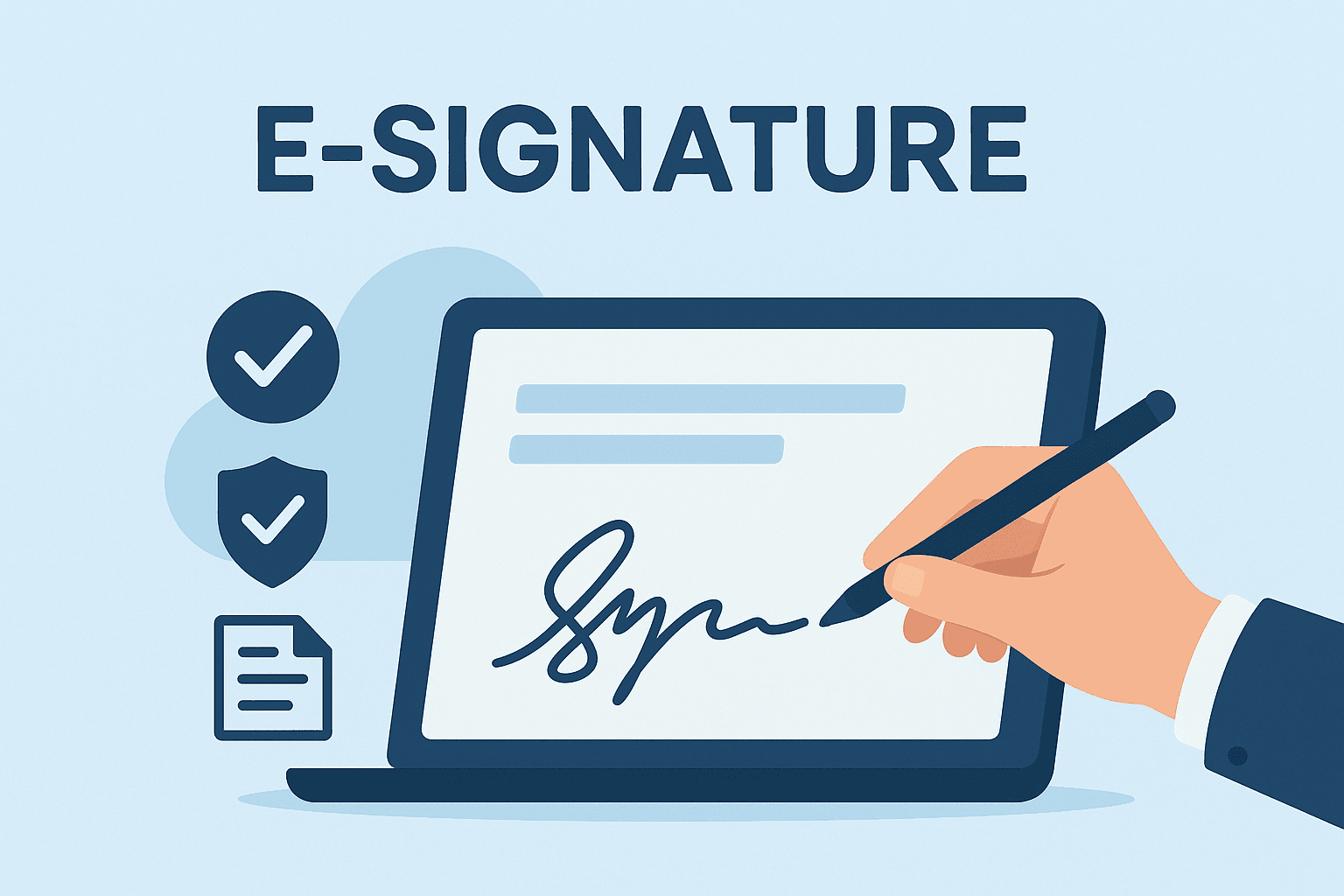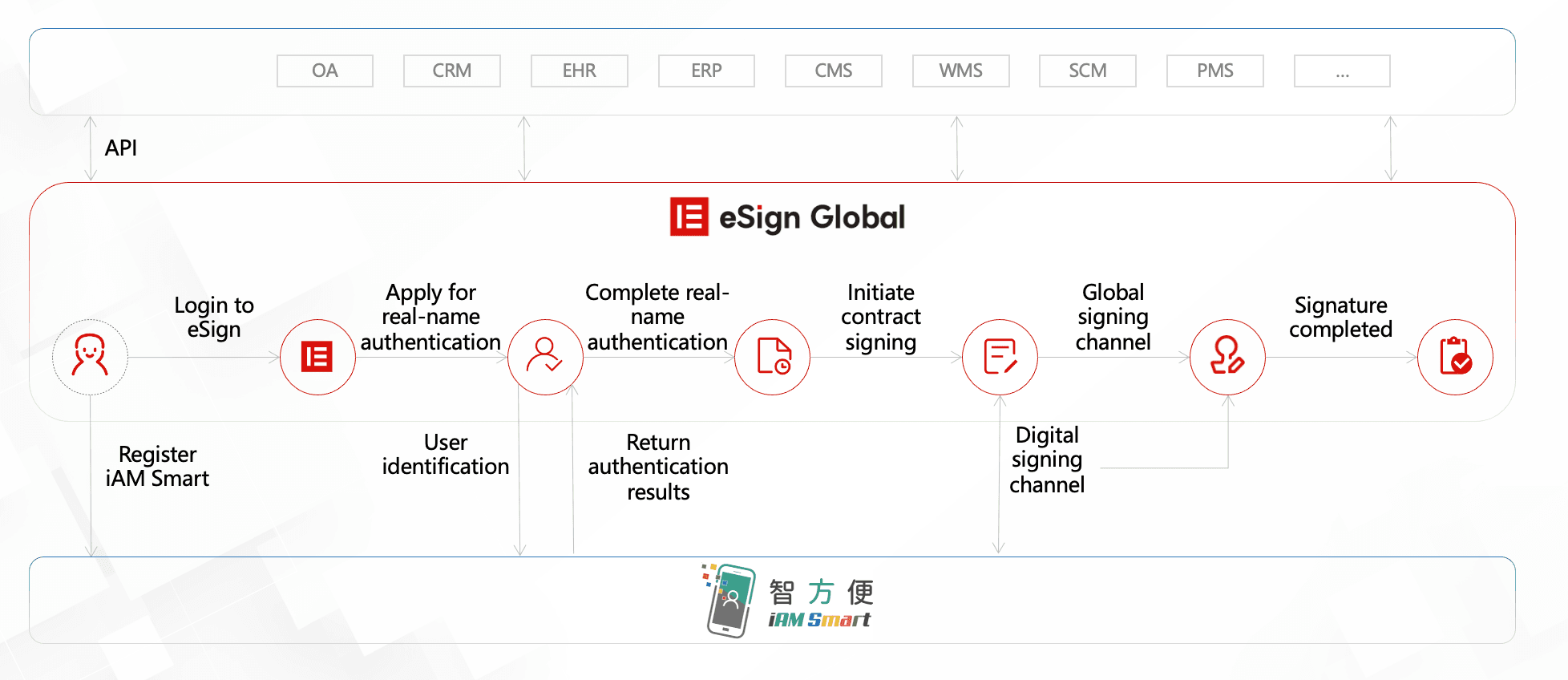Is a digital certificate free?





Is a Digital Certificate Free? Understanding the True Cost of E-Signature Security
In today’s digital era, electronic documents and online transactions are the norm. And with everything from business contracts to government forms moving online, security is a top concern. One commonly used security feature is the digital certificate. But a frequently asked question remains: Is a digital certificate free? The short answer is: sometimes—but not always. Depending on your needs, jurisdiction, and usage, these certificates may come with no cost or have associated fees.
In this article, we’ll explore what a digital certificate really is, why it matters, whether it’s free, and what you should consider—especially if you’re operating in regions with specific regulations like Hong Kong, Singapore, or Southeast Asia.
What is a Digital Certificate?
A digital certificate is an electronic credential issued by a Certificate Authority (CA) to verify the identity of entities like individuals, companies, or websites. Think of it as a digital ID card. It ensures that the signer or website is who they claim to be, protecting both users and companies against identity fraud or unauthorized access.
Usually used in digital signatures and encrypted communications, these certificates are a backbone of cybersecurity in compliance-heavy regions, ensuring that all legally binding transactions meet international and local regulatory standards such as Hong Kong’s Electronic Transactions Ordinance (Cap. 553) and the ASEAN Framework on Digital Data Governance.
When Are Digital Certificates Free?
Not all digital certificates come with a price tag. Some organizations offer basic digital certificates for free, especially for individual or casual use. These are typically:
- Self-signed certificates: Good for internal or personal use, but not trusted by browsers or other parties.
- Short-term certificates for trials or personal documents: Offered by some digital signature platforms to get users familiar with their tools.
- Open-source SSL certifications: For example, Let’s Encrypt provides free SSL certificates for websites.
However, these free certificates may lack legal recognition, robust security features, or long-term validity. They might not hold up in court or meet compliance rules in certain jurisdictions.

When Do Digital Certificates Cost Money?
In most business settings—especially where regulatory compliance, cross-border transactions, or legal validation are crucial—you’ll likely need a paid digital certificate. Government agencies and businesses often require:
- Identity verification via a trusted CA
- Timestamp services
- Document integrity features
- Audit trail logging
These certificates come at a cost, typically as part of a subscription or service plan. Companies using digital signatures in regulated countries such as Malaysia, Indonesia, or Hong Kong must often use Licensed Certification Authorities (LCAs) to ensure their e-documents are legally binding. These costs can vary from $20 per year for individual certification to several hundred dollars per year for enterprise-grade services.
Therefore, while free digital certificates exist, the context in which you use them—especially for legally binding commercial or governmental documentation—often requires a paid and legally recognized solution.
Why Legal Compliance Matters in Asia
In Hong Kong, for example, under the Electronic Transactions Ordinance, only digital signatures supported by a recognized certificate from a recognized Certification Authority (CA) are considered equivalent to traditional ink signatures. Similarly, Singapore’s Electronic Transactions Act mandates identity authentication for digital documents, and Thailand and the Philippines have stringent verification requirements.
That means using a non-certified or free certificate may make your signed document invalid or non-enforceable in court. For companies operating in these regions, it’s critical to choose digital certificates that meet local legal standards—not just global ones.
Are There Hidden Costs?
Even “free” certificates can come with hidden expenses, including:
- Time limits: Many free certificates expire quickly or have limited functionality.
- Lack of validation: Poor verification systems can result in disputes about authenticity.
- No legal standing: May not meet government or industry regulations.
- Limited integrations: Free options often lack compatibility with platforms such as Microsoft Office or PDF readers.
Therefore, businesses should do a full cost-benefit analysis, not just look at the upfront price when deciding whether to use free or paid digital certificates.

Alternatives to Paid Digital Certificates: Still Secure?
There are some secure digital signature platforms that embed certificate-based signatures into their platforms, removing the need for users to acquire their own separate certificate. These platforms often offer:
- Built-in audit trails
- User identity verification
- Cross-border legal compliance
In essence, you’re subscribing to a platform where the certificate is bundled, meaning the technical details are managed for you—but this still involves a cost. Document security, user simplicity, and legal enforcement are handled by the provider.
Final Verdict: Is a Digital Certificate Free?
It depends.
- ✔️ For personal or informal use: Yes, free options are available.
- ⚠️ For business, legal, and regulated use: No, you’ll likely need a certified, paid option to ensure legality and data integrity.
Choosing the right kind of digital certificate depends not only on your budget, but more importantly on your legal requirements, especially if you’re operating in regions like Hong Kong, Singapore, or other Southeast Asian countries with strict digital transaction laws.
For Hong Kong & Southeast Asian Users: A Compliant Alternative
If you’re dealing with local legal requirements or want a Docusign alternative that is custom-tailored for compliance across Asia, consider using eSignGlobal. It offers secure digital certificate-based signatures that are recognized under local frameworks, providing peace of mind and reducing legal risk for your business.

In conclusion, while digital certificates can be free in certain scenarios, businesses seeking secure, legally binding transactions—particularly in regulated regions—should invest in trusted, standards-compliant digital certificates or platforms like eSignGlobal.
Whether you’re signing a simple contract or a government document, ensuring the authenticity and legal enforceability of your signature is always worth the cost.

 Only business email allowed
Only business email allowed


